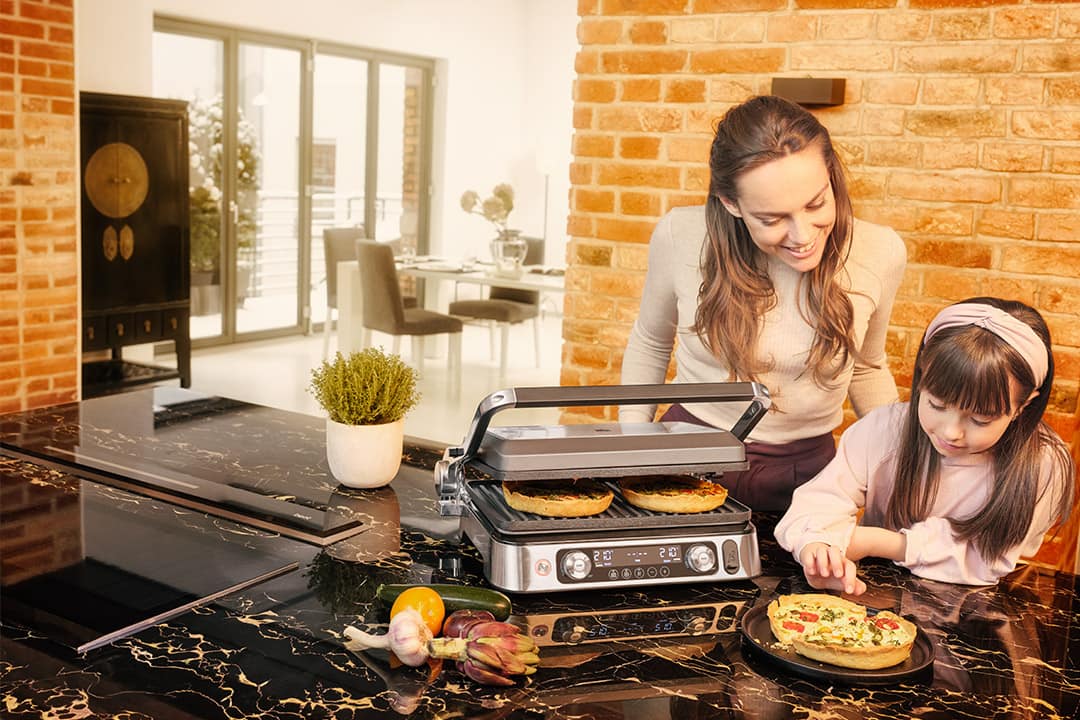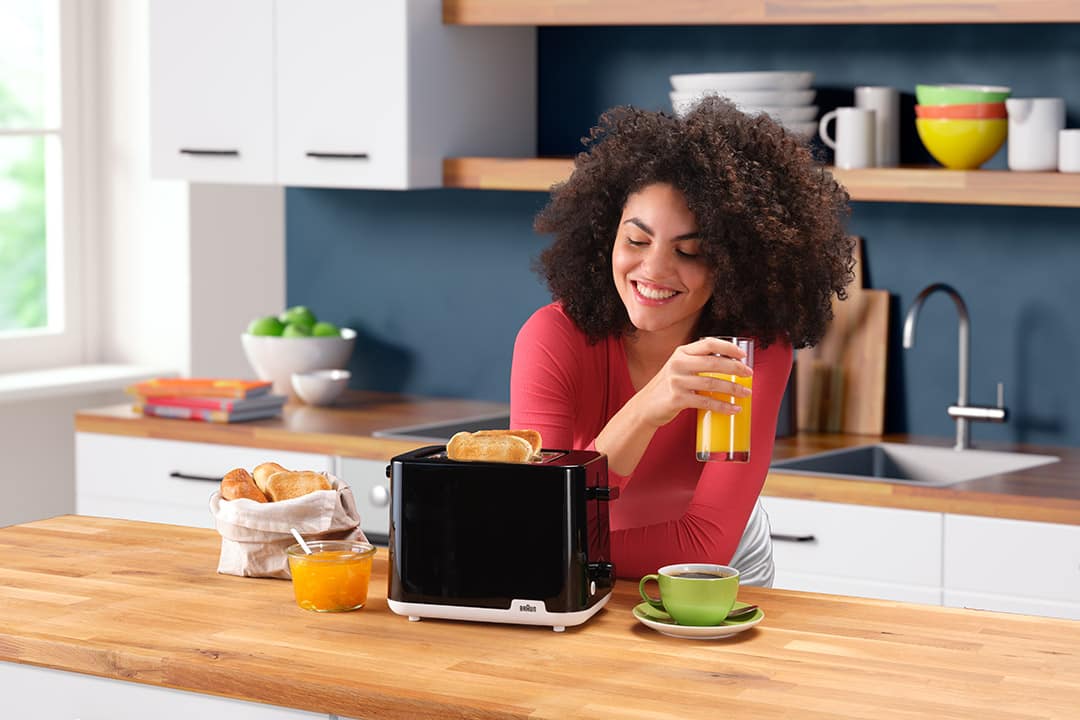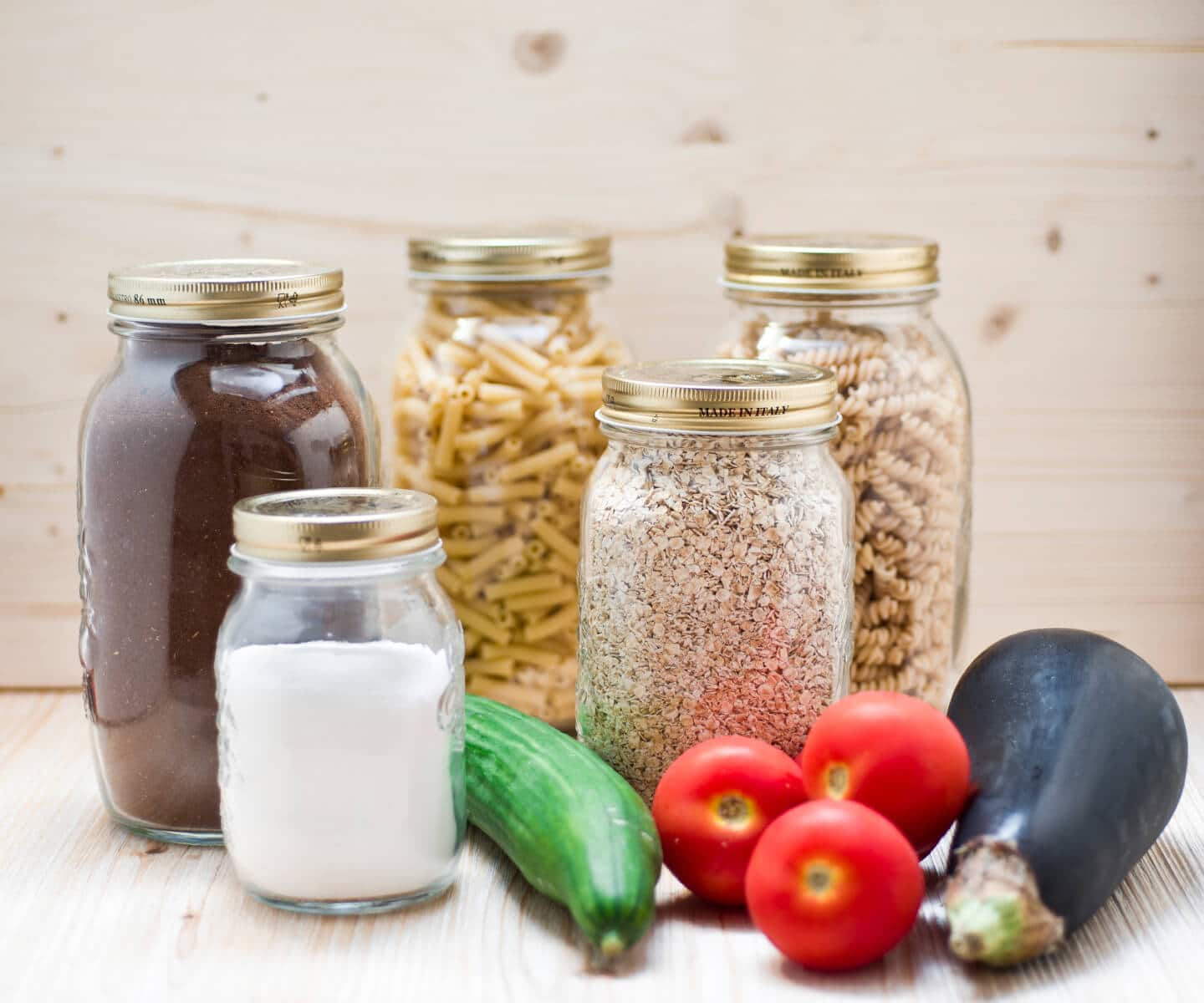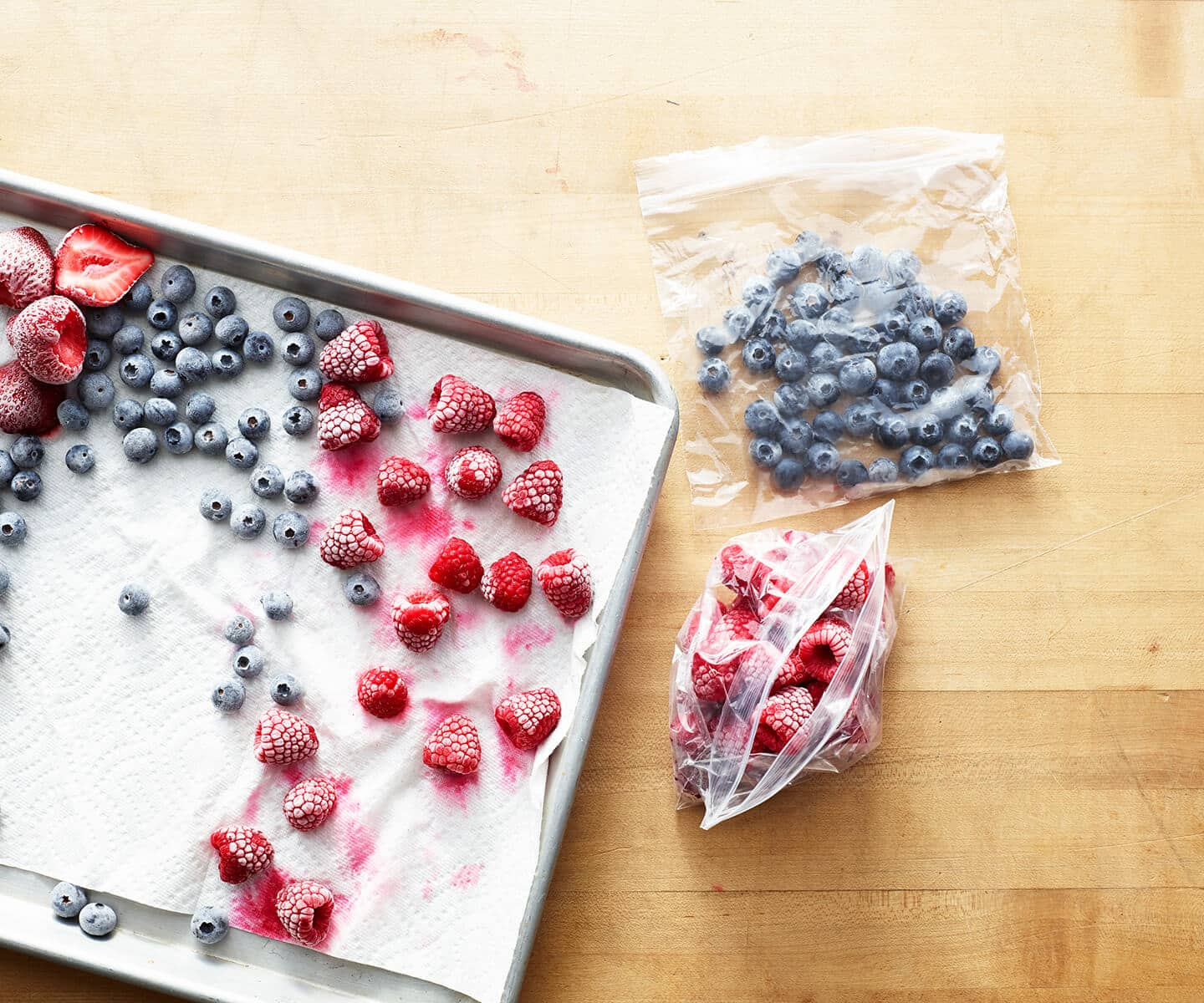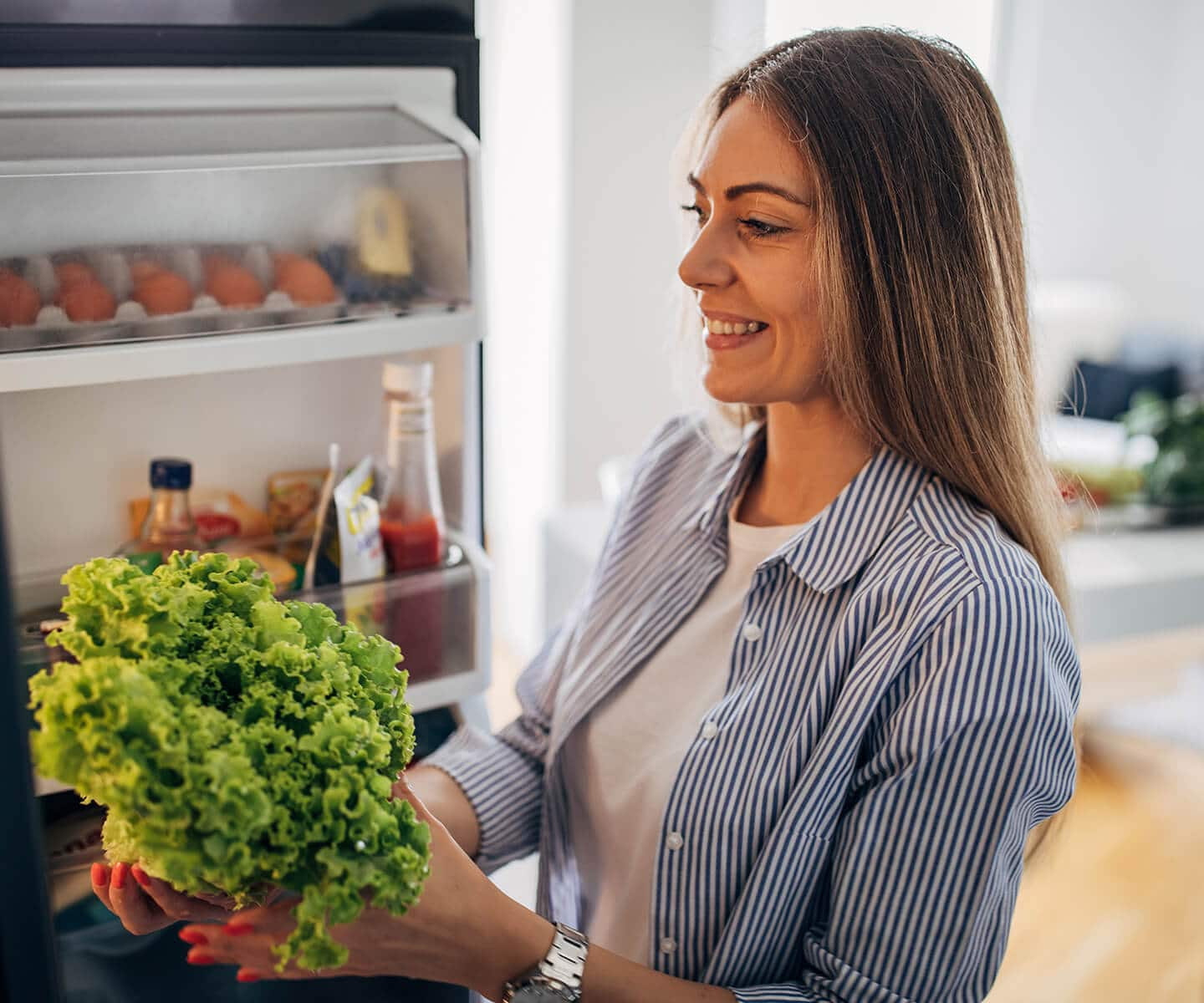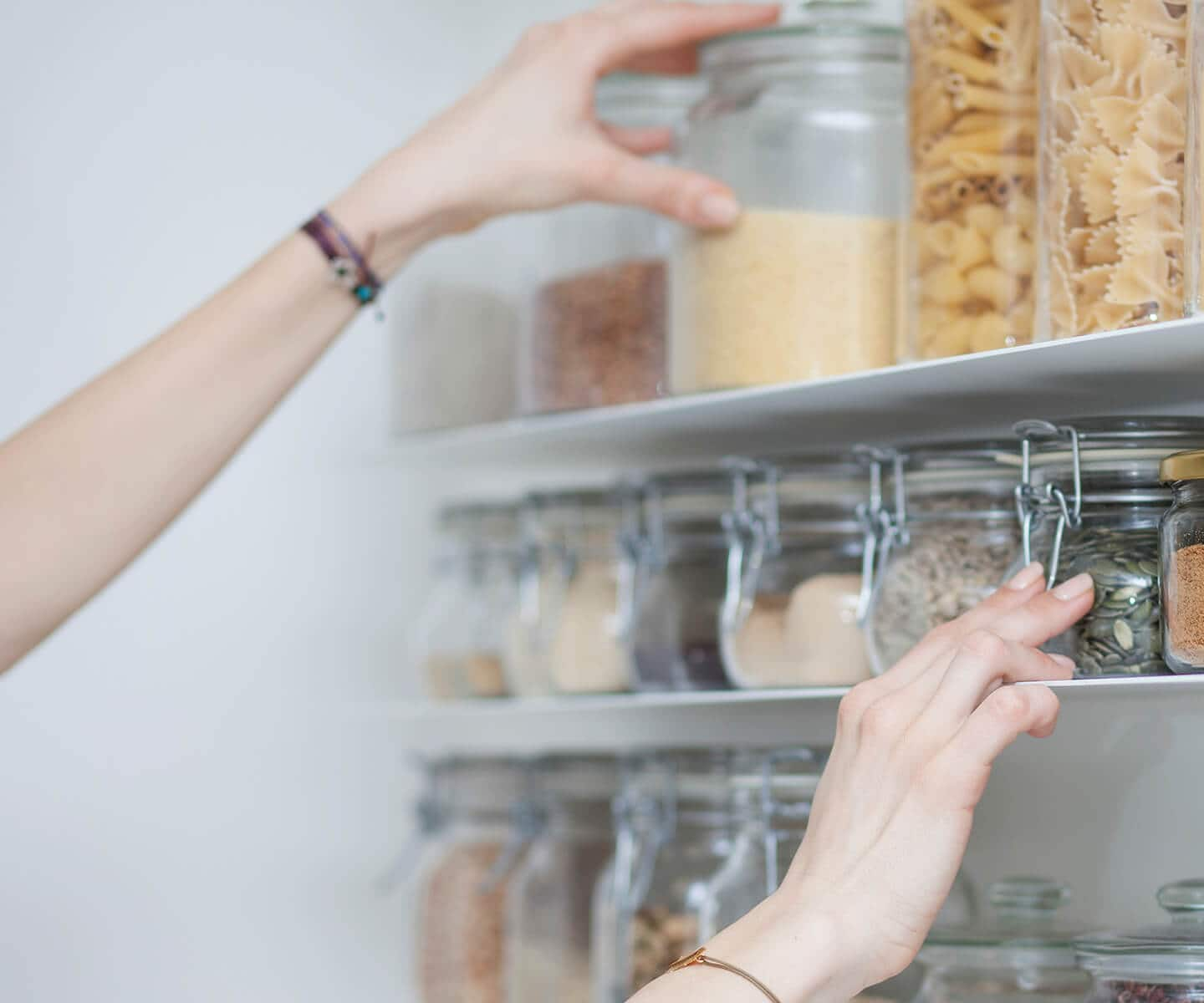Why exactly does food go bad?
Whether warm or cold, moist or dry, not all foods like the same conditions. If stored incorrectly, food will lose its flavour and spoil more quickly. This is due to the physical, biochemical, chemical and microbial influences and changes to which products are exposed. Food can also be damaged by pests and vermin.
Microbial spoilage is caused by bacteria, mould and yeasts. They cause food to rot, ferment or develop mould and sometimes develop pathogenic substances as a result. These processes and the storage life of food products depend in particular on physical conditions such as warmth, cold and moisture.
In addition, enzymes within food trigger biochemical changes, such as vitamins, pigments and flavourings breaking down. Fat turning rancid is due to chemical spoilage triggered by chemical reactions within food constituents. External factors such as light and air can accelerate this process.

